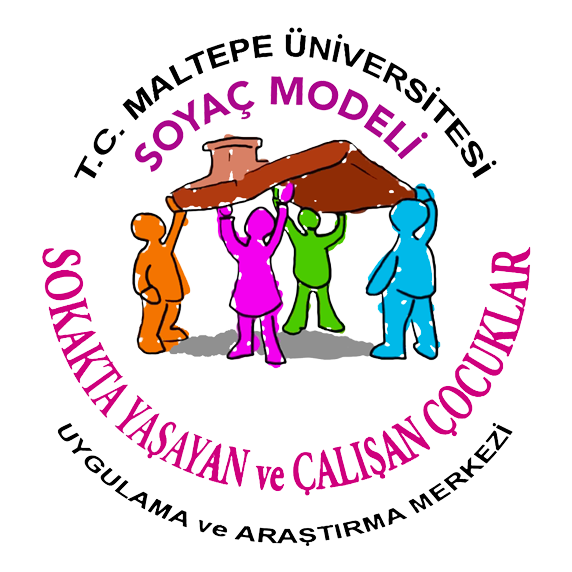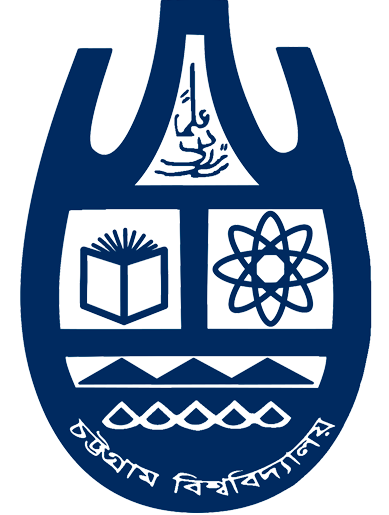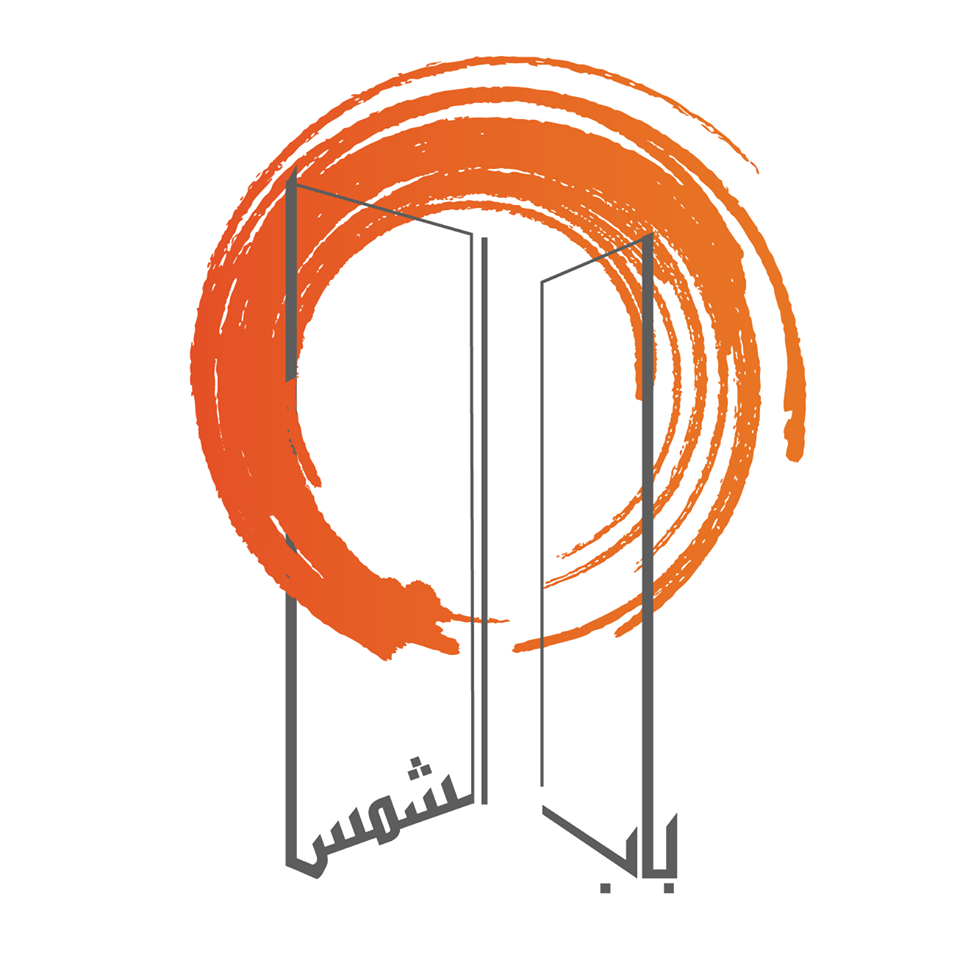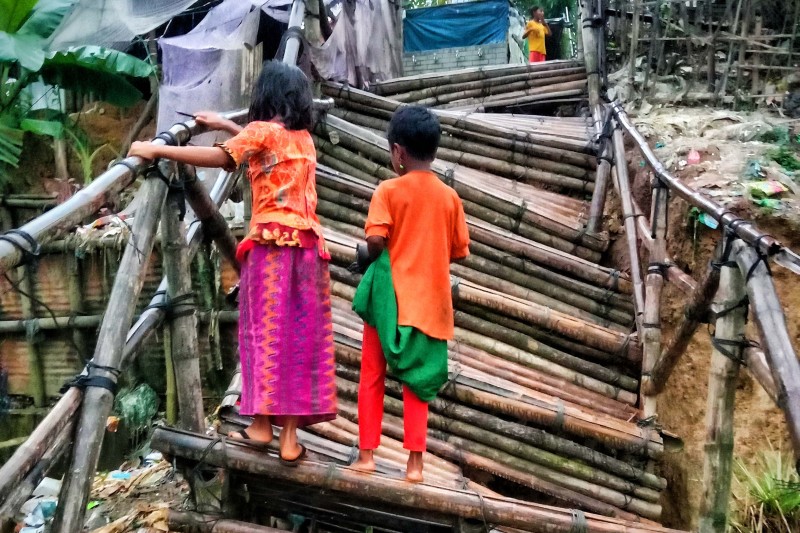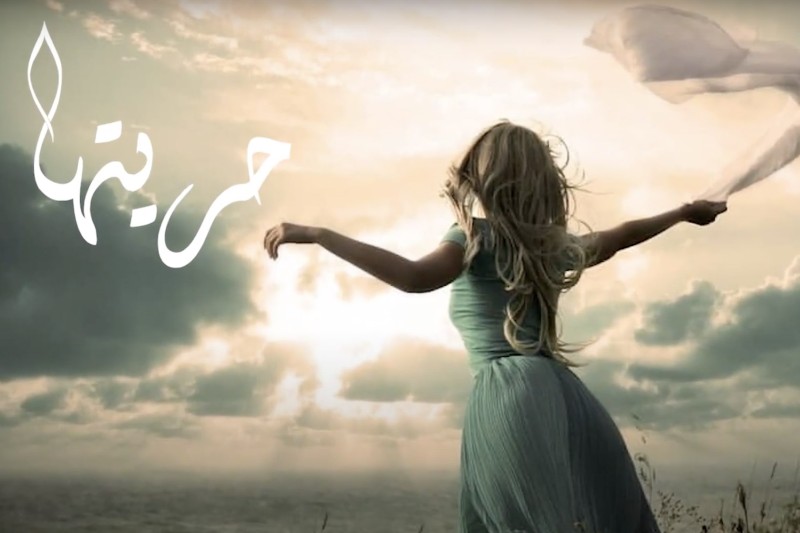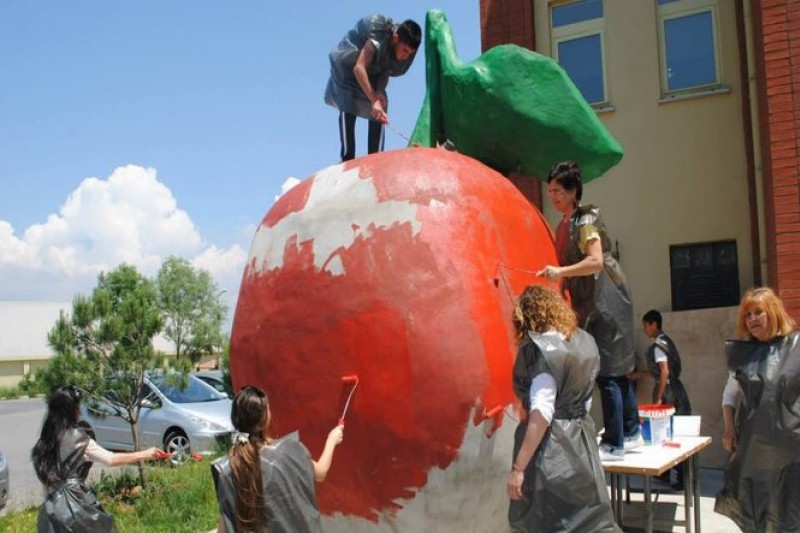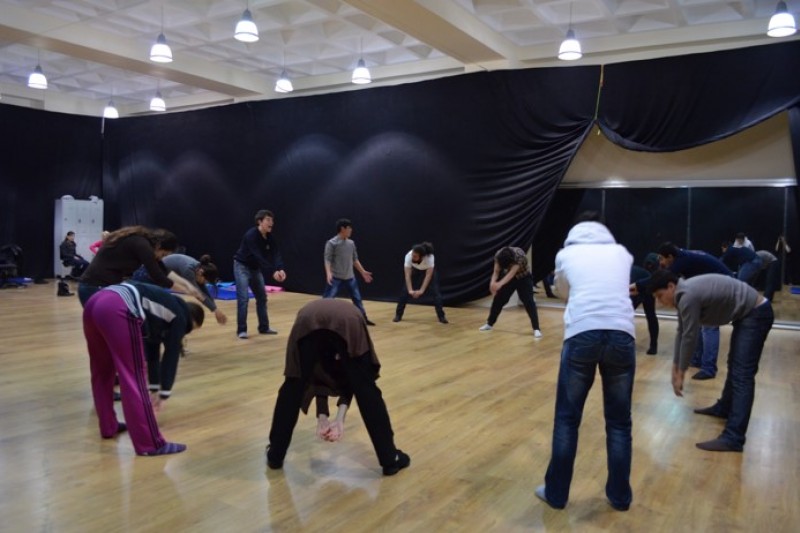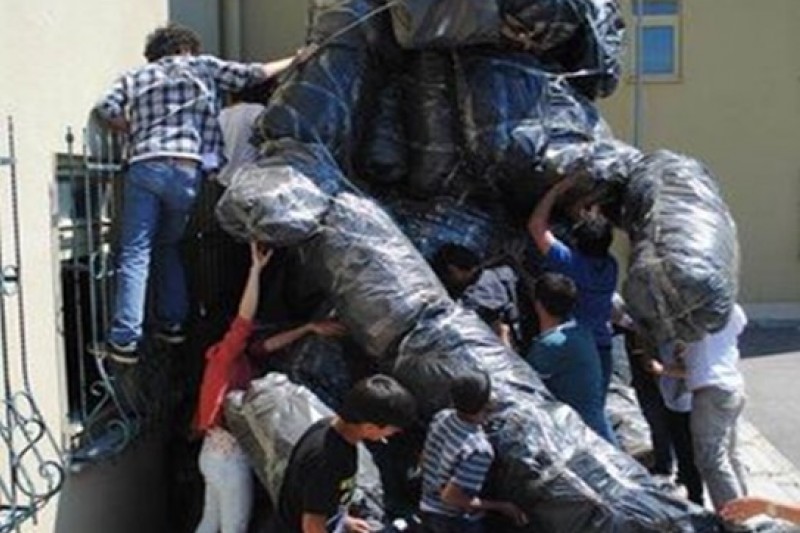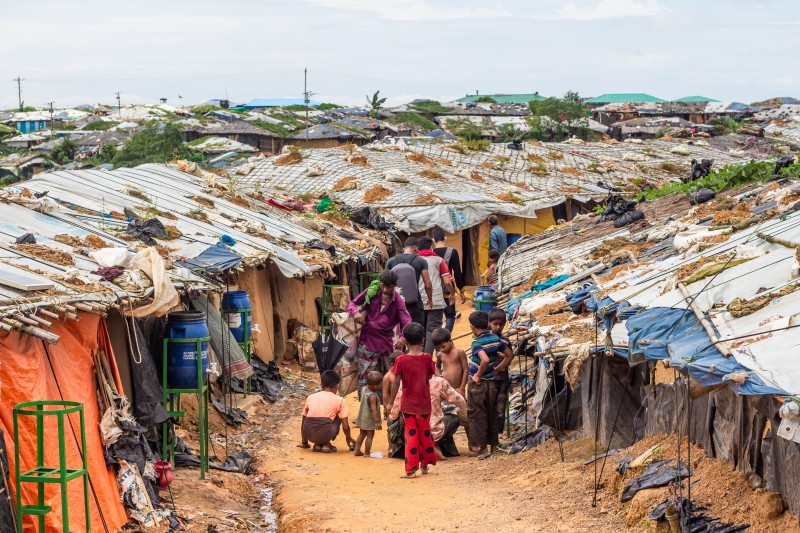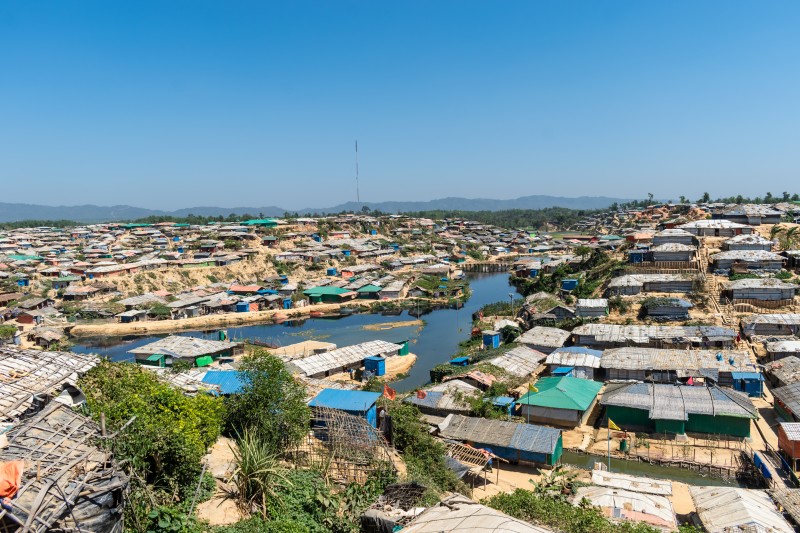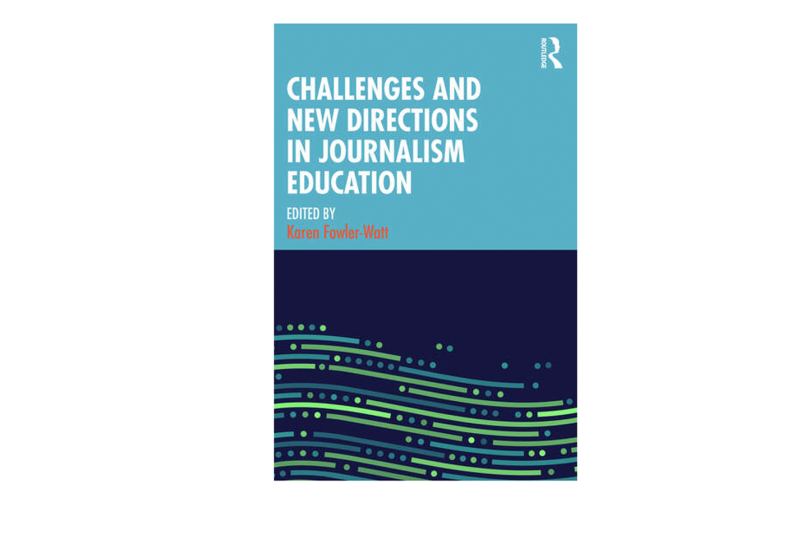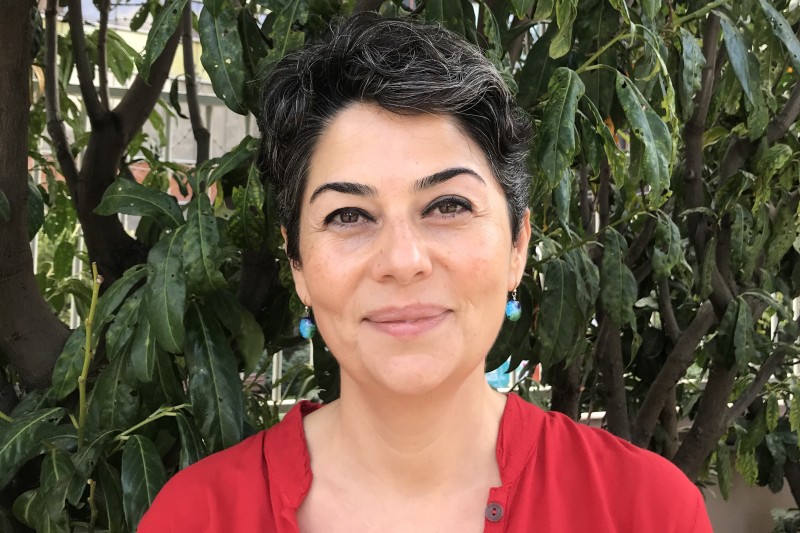
Dr H. Özden Bademci holds an associate professorship in clinical psychology at Maltepe University in Istanbul. She is the Founder Director for Research and Application Centre for Street Children (SOYAÇ) at Maltepe University. Bademci obtained BSc degree in Psychology from Ege University (Turkey). MA in Psychoanalytic Observational Studies from Tavistock Clinic (UK) and PhD in Migration Studies from the University of Kent (UK). Following her PhD research on the service provision for street children in Istanbul, Bademci has played a leading role in the establishment of the first University Centre in Turkey that is dedicated to address the rehabilitation and protection needs of vulnerable children and youth. In collaboration with social workers, policy makers, clinicians, academics, postgraduate and undergraduate students, Dr. Bademci carries out national and international research studies, consultancy work, teaching activities and practical projects which are intended to build on the resilience of vulnerable children and young people. In recognition for her contribution and commitment work to create positive social change that improves the lives of vulnerable children in 2017, The British Council in Turkey awarded Bademci with the UK Alumni Social Impact Award. She has published numerous papers and book chapters in the area.
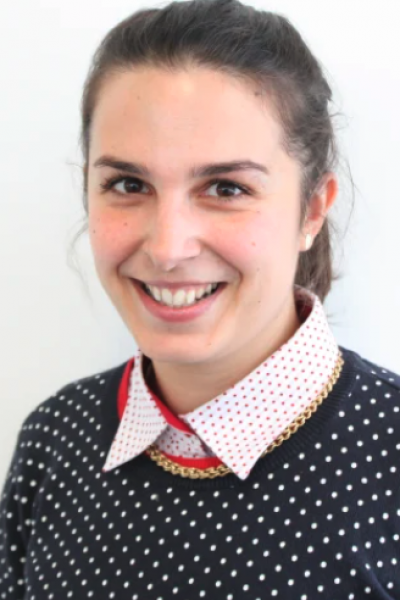
Dr Sara Marino is Senior Lecturer in Communications and Media at London College of Communication, University of the Arts. Her research focuses on the intersections between migration, material cultures and media technologies. Her work has explored the social, cultural, and political implications of everyday practices of connectivity among European migrants, and how these shape diasporic identity and community formation. More recently, she has expanded the scope of her research to include the impact of technologies in the hyper-militarization of European migration policies and in the development of humanitarian responses. Her latest book “Mediating the refugee crisis. Digital Solidarity, Humanitarian Technologies and Border Regimes” (Palgrave Macmillan, 2021) uniquely examined how communication technologies have become central to governance, resistance, humanitarianism and activism. Her works have been published in peer-reviewed Journals including the Journal of International Political Theory, the Journal of Material Culture, the International Journal of Cultural Studies, Social Media + Society.
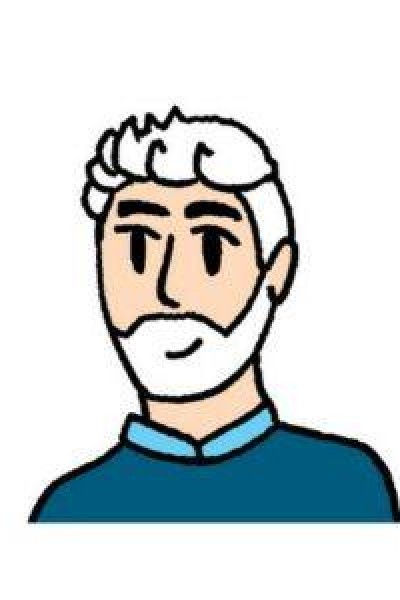
Professor Julian McDougall is Professor in Media and Education, Head of the Centre for Excellence in Media Practice and Principal Fellow of Advance HE. He runs the Professional Doctorate (Ed D) in Creative and Media Education at Bournemouth University and convenes the annual International Media Education Summit. In the field of media education, he is the author of a range of over 100 books, articles, chapters and research reports and has provided numerous research projects for research councils, media industry, charities and non-profit organisations.These include the European Union and European Commission, British Council, Arts and Humanities Research Council, ESRC and EPSRC, Samsung, the United Kingdom Literacy Association, UK Government DCMS, US Embassy, ITV and BBC. He has given keynote speeches and joined invited expert panels on media education and media literacy in over 20 countries. He is co-editor of the Routledge Research in Media Literacy and Education book series. He was a founding editor of the Media Education Research Journal and edited Media Practice and Education from 2014 to 2020. In 2021, Julian has provided digital and media literacy consultancy to BBC Media Action, co-ordinated stakeholder research for the the European Commission's Digital Education Hub, conducted research for ITV on the lived experience of programme participants to inform duty of care protocols and published his latest book, 'Critical Approaches to Online Learning'.
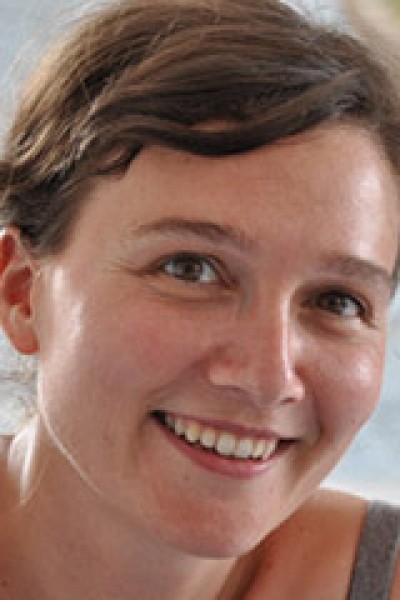
Dr Isabella Rega is an Associate Professor in the Faculty of Media and Communication at Bournemouth University (UK). Her research focuses on the role of digital media to promote community development and social change. She has been involved as Principal Investigator and Co-Investigator in research projects funded by the UK Arts and Humanities Council, the Swiss National Science Foundation, and the European Commission. Currently she is PI of an AHRC International Network titled Sustainability and Local Heritage and is Co-I of two AHRC projects – DARE: Digital Arts for Refugee Engagement and GiVE: Girls into Vocational Education. She is also involved as Co-I in two GCRF projects, one funded by Leicester University, Lockdown Stories and one by Bournemouth University, Sister Communities, both exploring the potential of community tourism and digital storytelling.
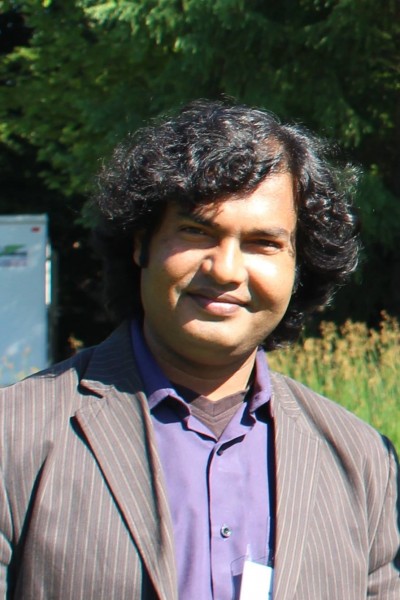
Dr Nasir Uddin is a cultural anthropologist and Professor of Anthropology at the University of Chittagong. Uddin did research and study at the University of Oxford, School of Oriental and African Studies (SOAS), the London School of Economics (LSE), Heidelberg University, VU University Amsterdam, Ruhr-University Bochum, Delhi School of Economics (DSE), the University of Hull, Kyoto University, and the University of Dhaka. Uddin’s current research includes migration and refugee studies, borderlands and deterritoriality, indigeneity and identity politics, the Chittagong Hill Tracts, the Rohingyas and South Asia more general. Uddin’s theory ‘Subhuman’ life is widely cited in the scholarship on refugee, migration, stateless people, asylum seeker, camp people, forcibly displaced people, and illegal migrants etc. His latest edited book is “Deterritorialised Identity and Transborder Movement in South Asia” (Springer, 2019 [co-edited with Nasreen Chowdhory]). His latest book is “The Rohingya: An Ethnography of ‘Subhuman’ Life” (The Oxford University Press, 2020).
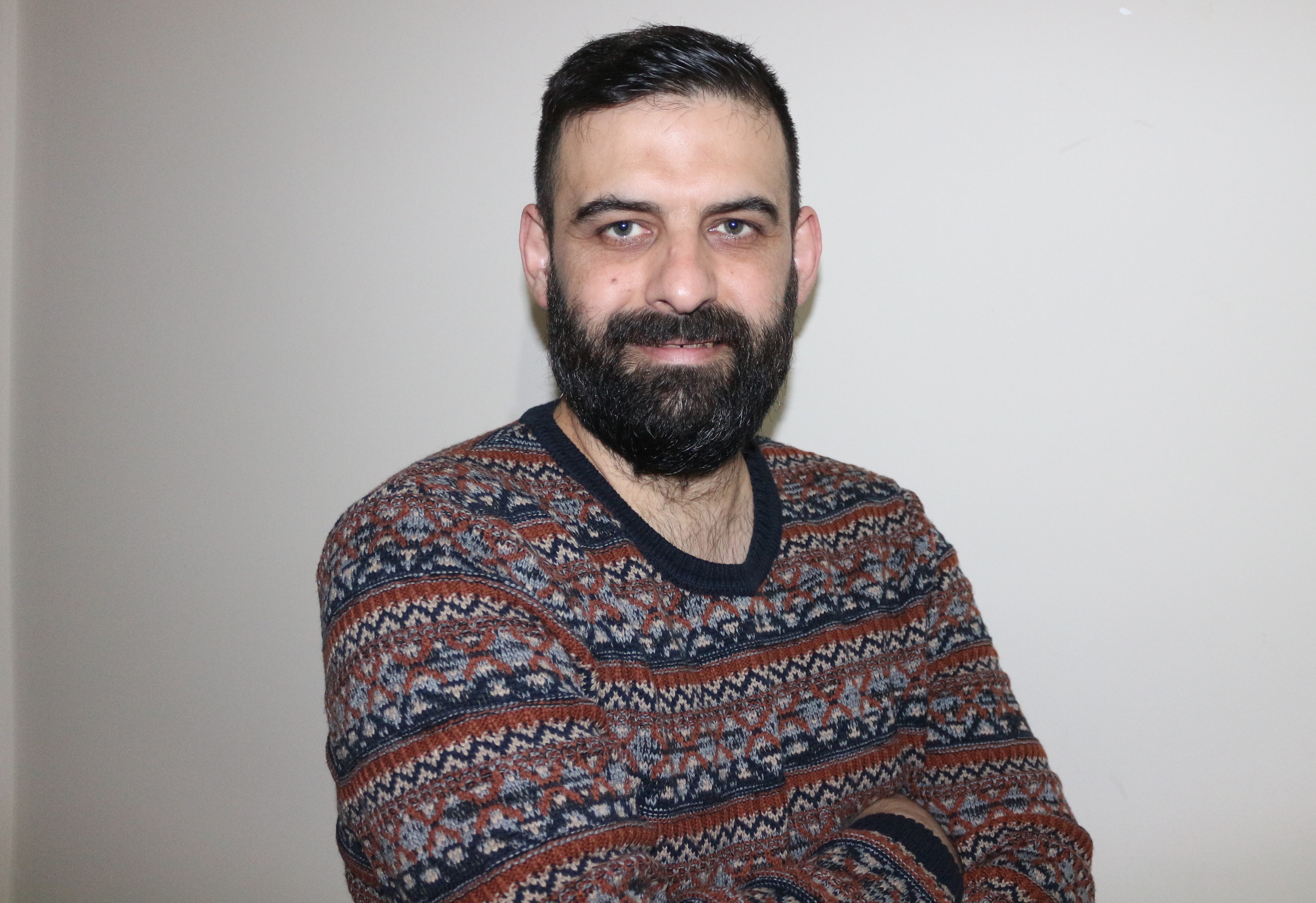
Mohammad Zarzour is a filmmaker and Television program director from Damascus, Syria. In 2005, he graduated from Armenia State University of Pedagogical with a higher diploma from the Faculty of Film and Television. After which he worked for more than ten years on Syrian TV as a program director and documentary filmmaker as well as manager of several departments. In 2015, he moved to Istanbul - Turkey, bearing his experience in the field of cinema and Television, to work with many media companies and institutions, whether in the production of TV programs and films, or in transferring this experience to a generation of multinationals and ages through many trainings that presented it. Simultaneously, he worked on developing his expertise, which helped him gain access to many film magazines to be a cinematic consultant for them and a member of the selection committees of some Arab film festivals. Today, he is the manager of the Creative Production Department at Gate of Sun Film Production Company _ Gaziantep, Turkey, and works with the team to spread in the Middle East and present many TV and film productions.
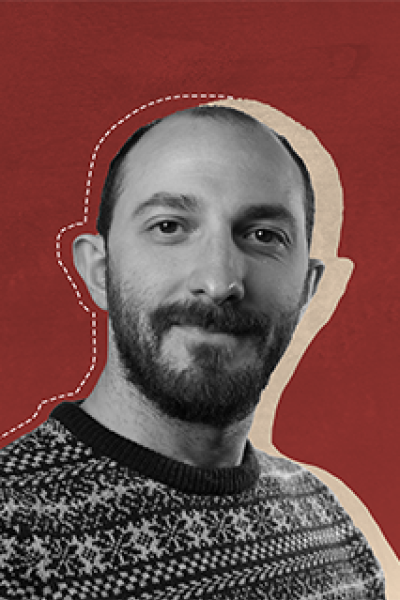
Amr Ajlouni is a filmmaker from Damascus, Syria. In 2012, he graduated with a bachelor's degree from Damascus University, Faculty of Media and Communication. In 2015, he moved to Gaziantep with more than 12 years' experience in the mass communication sector. Since then, he has been working with local and international profit and non-profit organisations.
In 2017, he established Gate of Sun Production House. Since then, he has been widening his experience in entrepreneurship and start-up with experts from Inno Campus, Habitat Turkey, and Impact Hub Istanbul.
Over the past years, Gate of Sun implemented its projects with support from many valuable partners like Baytna and Qudra programs, as well as working with Building Market on photo session projects for Small and Medium Enterprises around Turkey. Since 2018, the company has been presenting Spaces of Culture, along with its recent collaboration with The Arabic Theatre in Sweden.
During those years, Amr with the Gate of Sun team succeeded in producing many short films, a long experimental film, and a theatre play. Now he is developing a virtual system that will be a platform for filmmakers, producers, production companies and artists to exchange knowledge and discuss in a mutual workspace.
